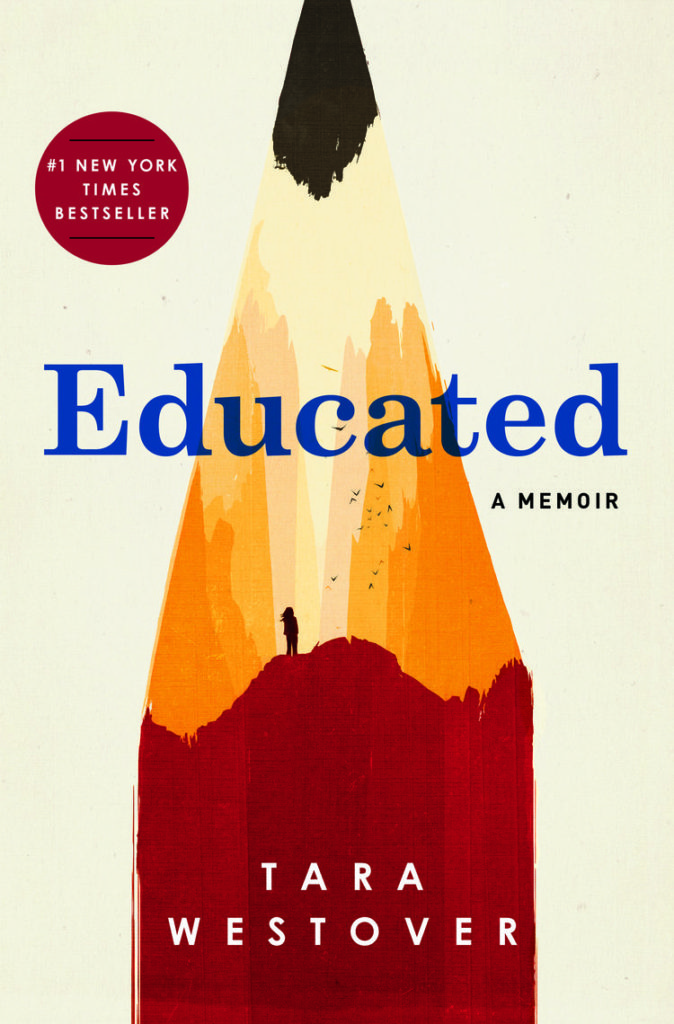
As I mention below, I’ve had the opportunity to talk and think about bit more about my teaching this academic year than is ordinary. I sometimes mention that I teach Michel Foucault’s History of Sexuality to undergraduates without actually assigning The History of Sexuality, which is usually too difficult (but also too central) a text to treat as just another course reading. Now that I’ve shared my strategy and materials for doing so with a couple colleagues and friends, I thought I’d just put them here. As always, feel free to adapt and use with acknowledgment.
First, it’s worth noting that I have a very specific goal when I introduce Foucault: to help students understand sexuality as a social construction. I most recently used the lesson in my Gay and Lesbian History course, but I’ve also used it in advanced seminars that may have broader themes. But the goal remains focused on that single task, rather than a broader introduction to Foucault’s thought. Of course, getting at that central point requires some discussion of Foucault’s understanding of power (for instance), but his broader theoretical insights often fall out of the conversation. I’m not really trying to introduce Foucault, but rather a central idea by way of a key thinker in the field.
My strategy follows the goal. Rather than taking up the book as I whole, I choose four individual paragraphs that (step-by-step) take us through Foucault’s line of thought on that particular issue (if time, I also include a fifth, on “resistance” on the PowerPoint as well). Breaking apart the argument allows me to simplify the claim (overly simplify, perhaps): that Foucault wanted us to focus not on the ways that sexuality has been “repressed,” but rather how it was “produced.” I reduce this idea to a mantra that I repeat over and over: “production, not repression.” I emphasize the idea because of the ways we (not just students) can so often find ourselves sliding into analyses and interpretations that emphasize repression. When we see the police encountering men who sought sex with other men, for instance, we tend to move them into the boxes of oppressor and oppressed. That may be, in part, the case, but it doesn’t capture Foucault’s argument. (This is, it is worth emphasizing, how I get at some of Foucault’s notions of power without directly addressing it in class or bogging down our conversation).
The four chosen paragraphs (see the handout) emphasize four parts of the overall claim and proceed in order of the book (as well as, I believe, order of difficulty): The “Repressive Hypothesis,” the “Incitement to Discourse,” the “Multiplication of Perversions,” and the “Production of Sexuality.” After introducing Foucault’s basic biography and his contribution to the field (so to explain why we’re going to spend so much effort understanding him), I get students into groups with a single task: explain what one of these paragraphs mean. By removing the argument from the overall context of the book, students are able to better focus on the sentence-level argument being made, without worrying about not grasping the whole thing. That’s not to say that this is easy (it is definitely not). But it is easier to show students that they can break apart difficult texts, isolate the parts from the whole, and, only after understanding them on their own terms, bring them back together.
So, to take one example, the first paragraph lays out the “Repressive Hypothesis.” The paragraph lays out the idea that, beginning in the seventeenth century, the modern West laid out a series of “prohibitions” on how one could take about sex. The Victorian era in particular had an approach to sex could be defined by a single word: “Censorship” (17). For students who have encountered something of Victorian history, they get this on the basis of their vision of the period. For students without such a background, they get it on an intuitive level.
But then, we move to the next paragraph (which follows very closely in the book itself), which directly contradicts the point of the first. This paragraph usually requires more work. The language is more jargony (you have to be ready to define “discourse,” “power,” and other complexities) and the paragraph is constructed on the basis of rejecting the assumptions of the reader. Students need to learn how to read closely to catch the various signs of internal disagreement, of Foucault moving through the argument himself. Take the first sentence. The keyword “however” tells us that the prior point may not be correct. But then rather than telling the reader what he actually believes, Foucault introduces another statement that may be wrong (“I am thinking not so much of the probable increase in ‘illicit’ discourses…” [emphasis added]). The final sentence, beginning with “But,” finally gets to the actual claim: That “an institutional incitement to speak” during the period contradicts the idea of “censorship” (lots of words to define here too). Lesson 1 then: Foucault believes that the “Repressive Hypothesis” is wrong and that in fact people were encouraged to speak about sex in “endlessly accumulated detail” (18). If students remember just that point, I am more successful than the first time I taught the book.
Breaking the book into simple(r) pieces and then breaking those pieces into smaller bits allows us to slowly scaffold a fuller understanding of the material. It took two class periods and change (so perhaps about 2.5-3 hours total) to go through all four paragraphs last time I did this. That length of time wouldn’t be necessary (or wouldn’t happen naturally) with a less talkative group, but the time is well worth it because of how well it builds a foundation to which we can constantly go back.


